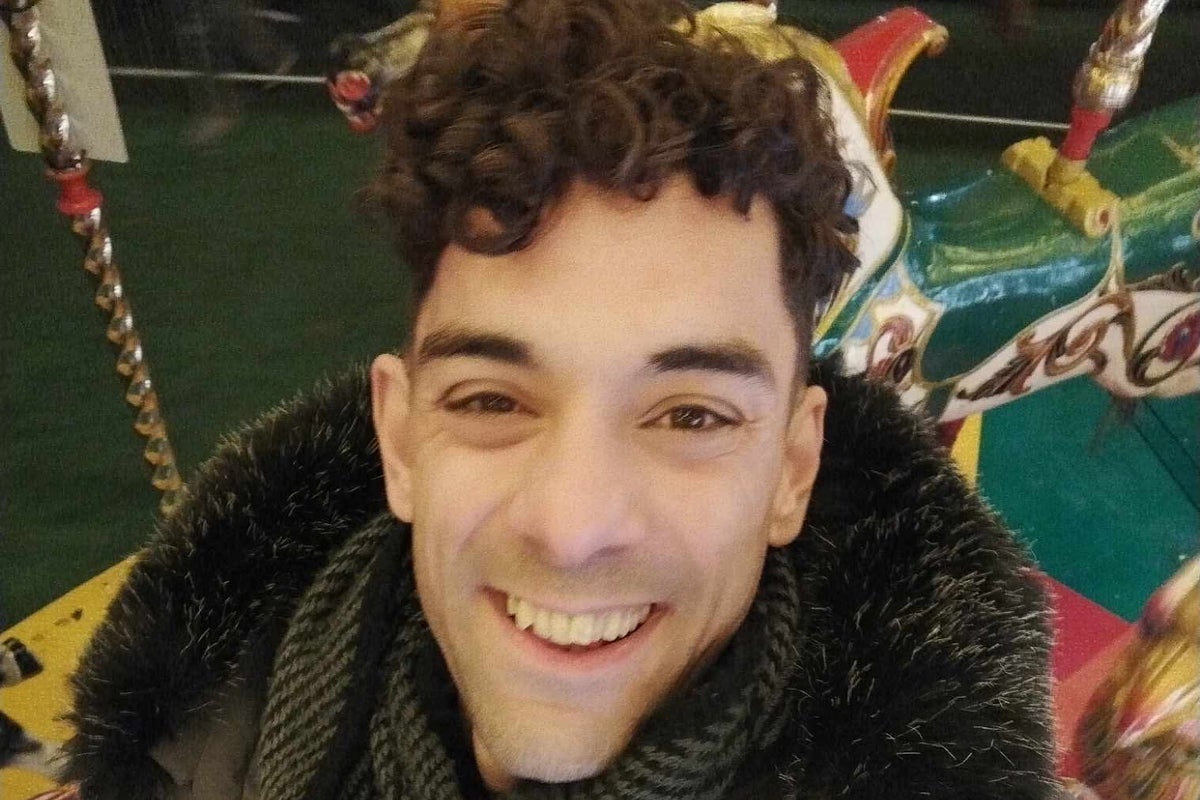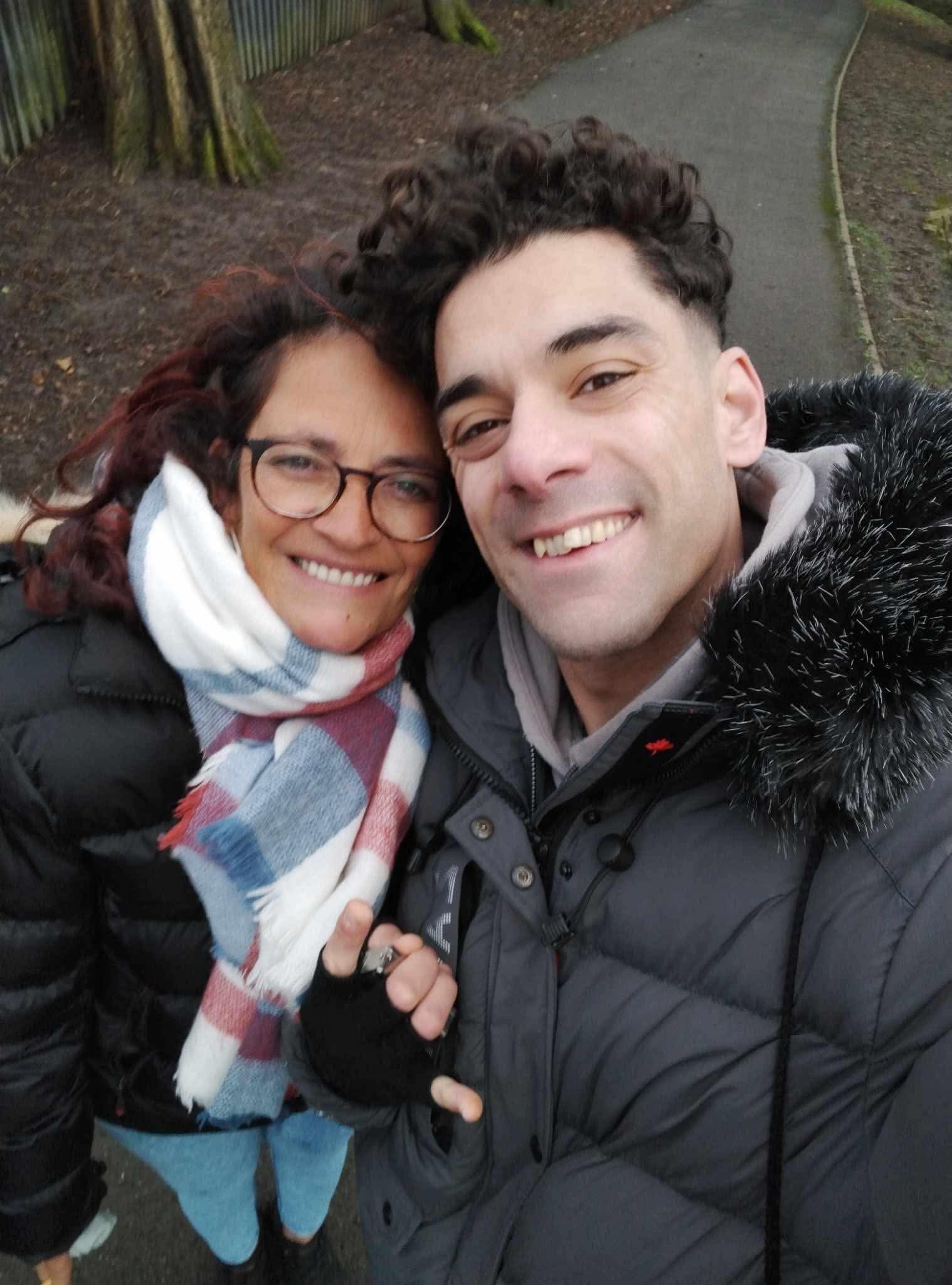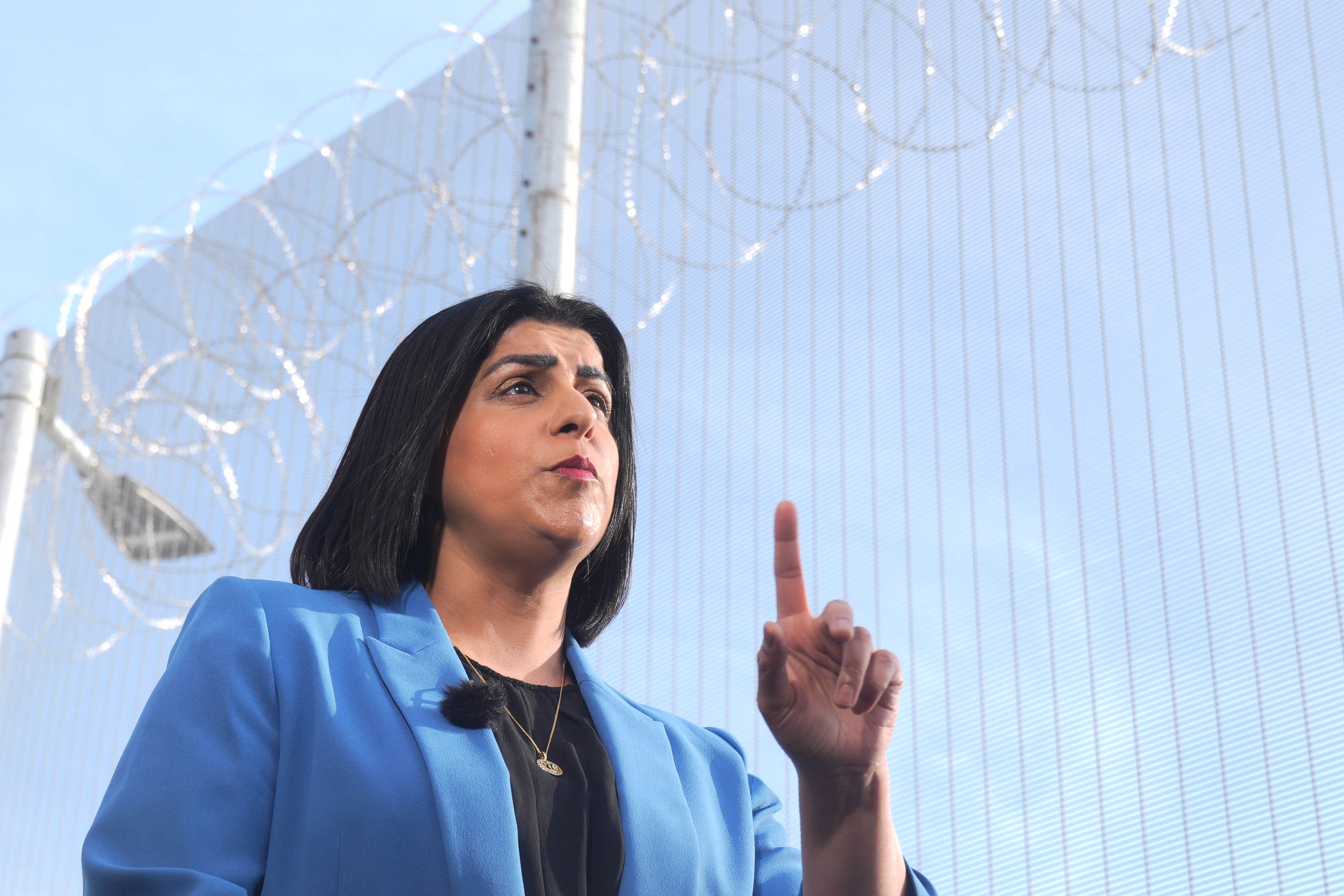
For the first time in his adult life, Tony Betteridge is free.
He was 18 when he was jailed for drunkenly setting fire to a blanket in the store cupboard of an empty building. It was his first time in prison, having grown up in foster care and with his grandparents due to his parents’ drug abuse.
He believed he would serve his minimum term of one year and 203 days for the blaze in Redcar, Yorkshire, in 2008, which caused £6,500 of damage and left nobody hurt.
However, the seemingly short sentence turned into a 17-year struggle under an indefinite jail term, which the United Nations now condemns as “psychological torture”.
On Tuesday, now aged 35 after more than 6,000 days serving his sentence, he learned his punishment for the teenage crime was finally over as his licence was terminated under reforms brought in last year.
“It took the best part of my life,” he told The Independent. “Now I just want to live a bit and be happy. Life’s a beautiful gift, and I’m ready to enjoy it. Let me be free.”

Mr Betteridge was one of 8,711 people handed an open-ended jail term called an Imprisonment for Public Protection (IPP) sentence for the seven years they were in use by British courts.
They were eventually outlawed due to human rights concerns, but not retrospectively, leaving thousands in prison with no release date.
“It was my first time in custody, and at the time I didn’t know what an IPP sentence was,” he said.
“I thought I was just sentenced to one year and 203 days, so I didn’t appeal. I was brand new to everything.
“I think it took about six and a half months until a friend on the wing asked me ‘what did you get sentenced to’. I said one year and 203 days IPP – not bad eh? He said ‘you do know what you have been given, don’t you?’
“I just broke down in the middle of the wing. No one had explained to me what it was – not even the duty solicitor that was representing me.”
He would go on to spend almost seven years in prison after the Parole Board repeatedly refused to free him, claiming he was not mature enough to be let out.
He was finally released in 2014, aged 24, only to spend the next decade in and out of prison after he was recalled three times under the strict licence conditions of his IPP sentence, despite being convicted of no further crimes.
Each time he served around another year, sometimes longer, until the Parole Board once again agreed to let him go. He was returned to jail on one further occasion for burglary, which he says he deeply regrets.
In total, he spent more than 11 years in custody for the blaze. While he languished, his mother died, his sister was brutally murdered by her abusive partner, and his brother died of an overdose.
“It [the IPP sentence] just ruined me,” he said. “Before I went in, I had a full family – I have got one sister left now, everyone’s gone. It’s just damaged me.
“You just carry it – it ruins your head, your heart, your everything. It feels like you are walking on eggshells constantly.”

Despite calls for action from the cross-party justice committee, the UN and Amnesty International, the government has refused to resentence more than 2,500 prisoners still incarcerated under the abolished jail term, including almost 700 who are at least ten years over their minimum tariff.
Injustices highlighted The Independent include that of Leroy Douglas, who has served almost 20 years for stealing a mobile phone; Thomas White, 42, who set himself alight in his cell and has served 13 years for stealing a phone; James Lawrence, 38, who is still in prison 18 years after he was handed an eight-month jail term; and Abdullahi Suleman, 41, who is still inside 19 years after he was jailed for a laptop robbery.
At least 94 people have taken their own lives in custody as they lose hope of being freed.
Many are still serving the sentence in the community and find themselves in a devastating cycle of recall, where they can be hauled back to prison indefinitely for minor infringements of licence conditions.
However, changes to the licence period, reducing it from ten years to three, were passed under the outgoing Conservative government last year.
These have finally allowed Mr Betteridge to successfully apply for his licence to be terminated. He called the day it was granted a “dream come true” and now hopes to travel abroad for the first time in his life for a fresh start with his partner in Portugal.
“I am lucky to be one of the ones who have got through it,” he said, “I just want my life back now.”
Railing against the injustice of the jail term, which he compared to the Post Office scandal, he added: “We are just Britain’s dirty little secret. People on the street don’t know what an IPP is.
“It’s just torture. At some point, I wasn’t even getting a parole panel, just a letter through the cell door saying you will get another two years.
“They call the IPPs the forgotten. At one point, I started to self harm… I just gave up, and they used that to knock me back for parole and said you are showing mental instability.
“I just think that’s shocking. I have many people inside who I know who have killed themselves over this sentence and I can understand why, which I think is sad in itself.”
On one occasion, he was recalled after his sister, by then his last remaining sibling, was attacked by an abuser with a kitchen knife. He intervened, and both men suffered stab wounds in the altercation.
He spent three days in hospital recovering from his injuries and was not charged with any further offence, yet he served another year and nine months in prison.
He explained: “They tried to say I had put myself in a risky situation and that situation could have escalated, but I am not going to watch my sister get stabbed up.”

He called for the government to urgently intervene to end the harm caused by the IPP sentence, which the UN special rapporteur Dr Alice Gill Edwards has called “simply inhumane” and warned the government is “very likely” to be breaching their human rights by international standards.
“It’s taken half of my life away from me – moments I will never get back again,” he said. “Family, I will never see again. I am just riddled with mental health issues, I can’t sleep, I keep getting flashbacks from all the brutal things I have seen in jail.
“It’s horrible living life – at any moment it can be smashed away and you’re locked away again.
“You can’t lock a man in a room for years and expect him to walk out like a perfectly balanced, sane individual. He’s going to be hurt. But they are not releasing them because he’s hurt. It just goes on and on.”
He implored the Labour government to take action to help those still serving the jail terms before it's too late, adding: “All the sorry in the world is not going to give your life back but it could make a difference now and give people a chance.”
The government is considering new proposals from the Howard League for Penal Reform to give remaining IPP prisoners a release date within two years of their next parole hearing and limit those being recalled to prison for minor breaches of licence conditions.







